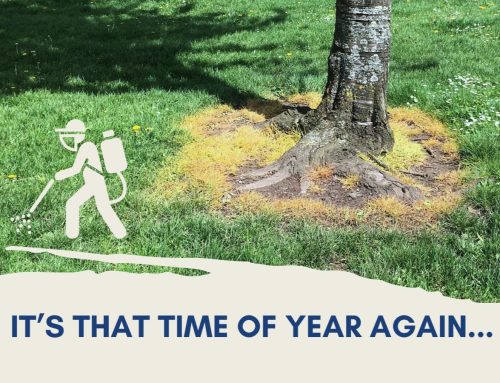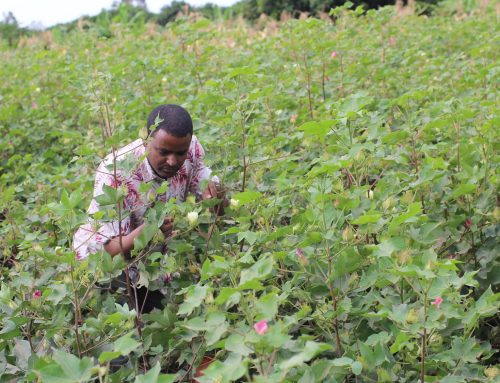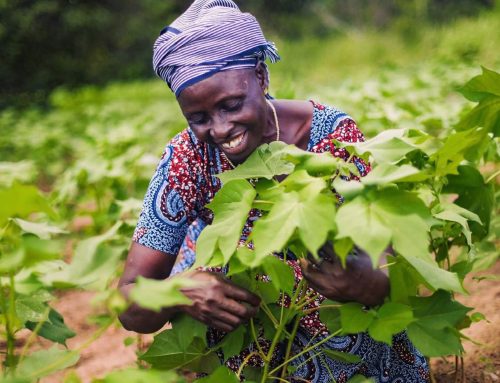by Dr Stephanie Williamson, PAN UK Staff Scientist
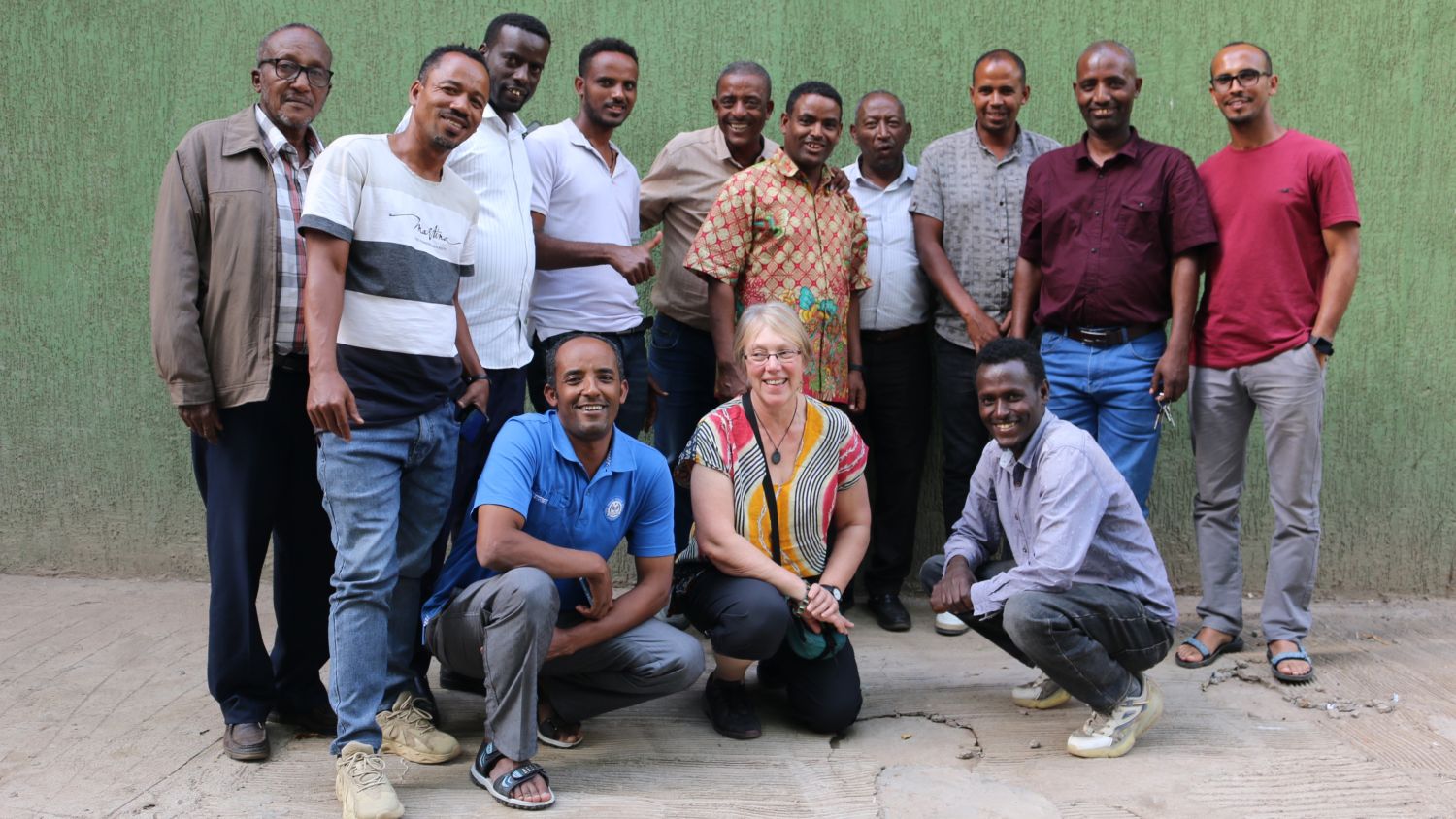
PAN Ethiopia teams meet up for week of training in Arba Minch. Credit PAN UK
I recently had the privilege of visiting my hard-working, dedicated colleagues in Ethiopia to find out how our joint projects on growing cotton organically and reducing pesticide use in vegetable farming are going. We met in Arba Minch in the Southern Rift Valley where farmers and colleagues sadly described a litany of recent extreme weather events in different areas – ranging from droughts and floods to wildfires, all of which were impacting heavily on their ability to grow crops. Knock-on effects have included the loss of soil cover following heavy rainfall events (especially in areas with low soil moisture holding capacity) and siltation of dams as more soil washes off into water courses.
Devastating weather-related impacts
Where previously farmers’ fields were thriving, now farmers are finding cotton yields have been reduced in several project villages due to unpredicted and uncharacteristic prolonged rains during harvesting season. This makes picking the cotton late and difficult, reducing lint quality.
In the village of Shelle Mella, next to Lake Chamo where the project established Ethiopia’s first and only certified organic cotton farmers’ co-operative in 2017, the last three years have been pretty disastrous due to much higher rainfall than usual. After the lake flooded 120ha of co-operative members’ land, no crops could be grown. Some farmers resorted to fishing instead to make a living.
The lake returned to its usual level a year later and farmers have slowly been reclaiming their land, with agronomic advice from the cotton team. Many farmers now face soil salinity problems and ploughing is very difficult on wet soils. Some fields have also been invaded by grassy weeds that are hard to remove.
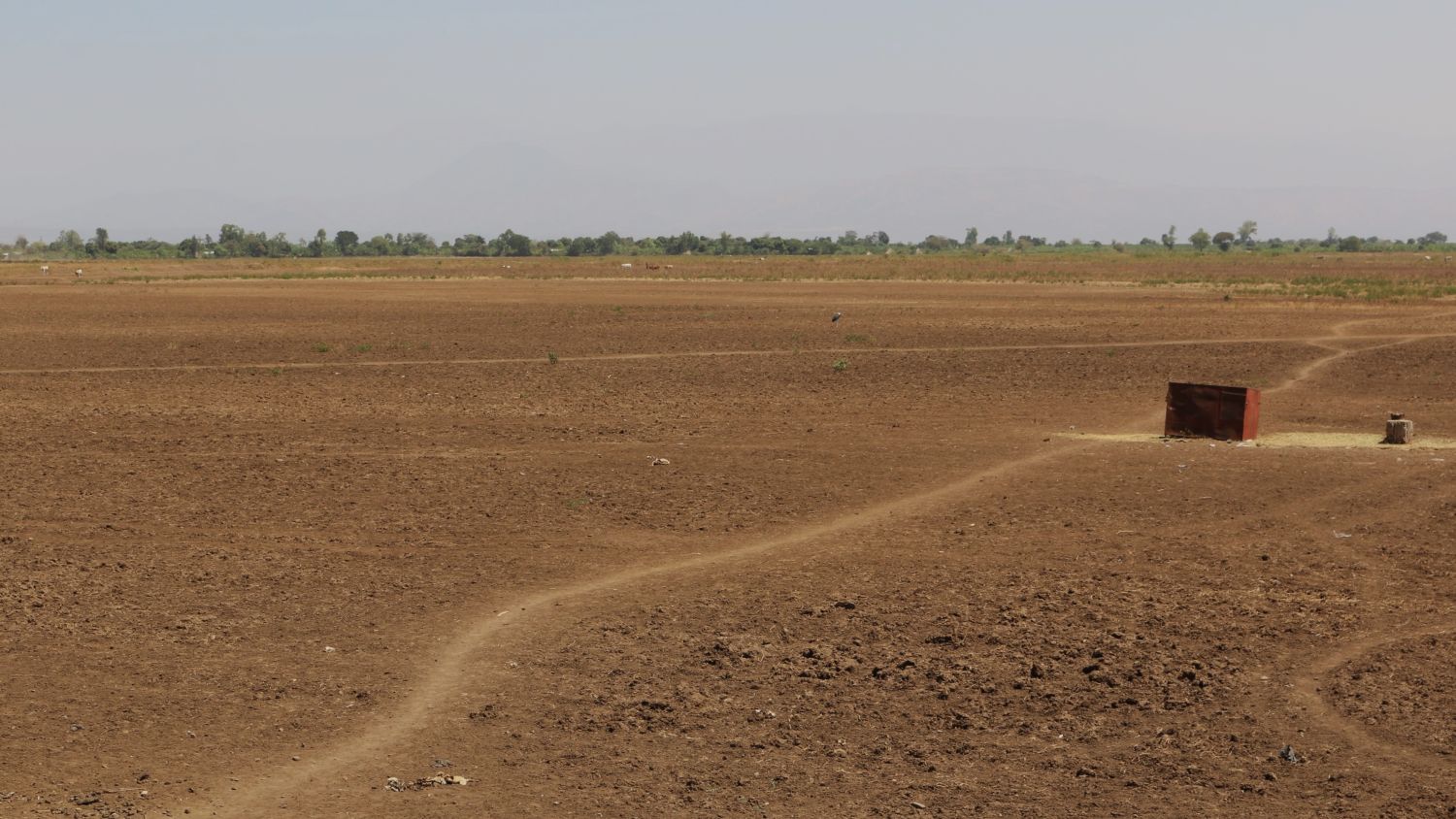
Fields at Shelle Melle having experienced flooding from Lake Chamo followed by drought. Credit PAN UK
In contrast, last year saw unusual drought across the region, with a very late start to the rainy season and hardly any rainfall after farmers had sown their cotton and other crops. This led to a total loss of much of the cotton crop, including in six of the nine villages where we were running Farmer Field School training. Some farmers tried sowing once or twice more, but again lost all of their seedlings. The cotton team eventually had to abandon training and all of their demo plots in drought-affected villages.
To support farmers during this very difficult season, the field team provided advice on when and how to plant shorter duration crops, mainly cereals and legumes, and made over 900 individual farm visits. (In latest news, the 2023 rains started in early April and farmers are sowing cotton, including the Shelle Mella co-operative members, who are now able cultivate their fields again. We wait anxiously to hear more.)
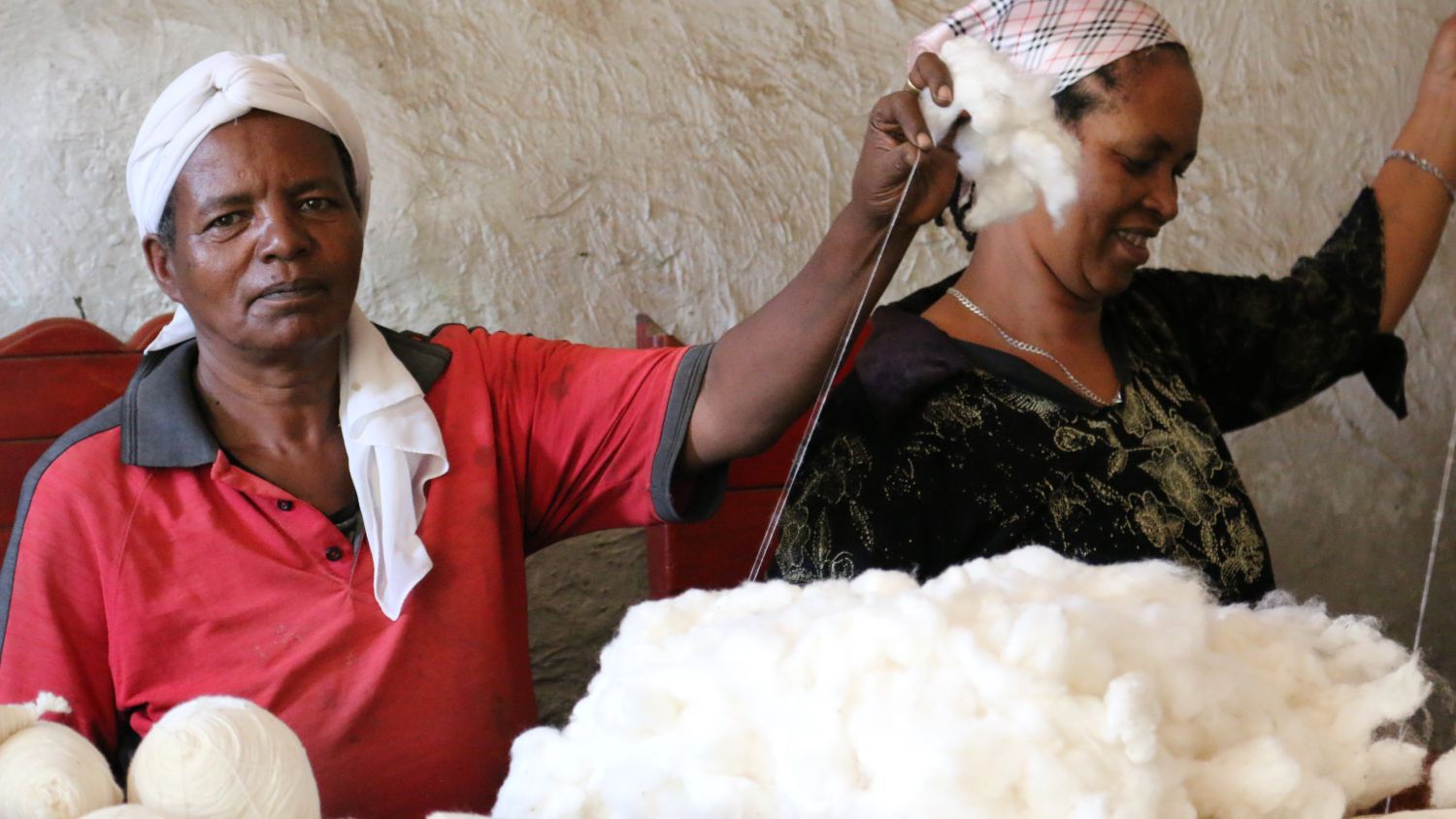
The women of Chano Dorga Organic Cotton Spinners Association tried to grow seedlings in their kitchen gardens which failed due to lack of water. Credit PAN UK
I also visited the women’s cotton spinning group in Chano Dorga village, where there has been a severe shortage of water for livestock and household use. The women had been forced to abandon the onion seedling nursery plot that they had planted as part of a women’s kitchen garden activity which we had set up in collaboration with the Arba Minch Plant Health Clinic. After some training, the women are very keen to grow vegetables without agrochemicals for their families and for local sale.
However, with villagers relying on water tanked in by the local authority for their essential household needs, there is none spare for the ‘luxury’ of growing vegetables. Water harvesting options could be installed using water butts and drip irrigation kits but these are relatively expensive and currently beyond the budgets of our project. The Gamo Zone authorities have already been providing food aid for 502,000 people worst affected by the drought.
Agroecological farming methods to the rescue
On a more positive note, the training on agroecological farming methods that PAN Ethiopia has provided continues to help farmers better cope with the changing climate and to make small steps in addressing the equally serious, but often overlooked, biodiversity crisis.
We have been promoting vermicomposting since 2019, demonstrating how farmers can meet their crop nutrient needs by feeding the worms with crop waste, prunings and kitchen scraps. Adding compost to the crops helps to conserve soil moisture, builds below ground biodiversity in terms of soil dwelling organisms and helps to grow healthier crops that are better able to withstand pest and disease attack.
Two seasons of field trials show that replacing 50% of standard synthetic fertiliser with vermicompost can deliver similar or better onion yields than synthetic alone, as well as providing major cost savings. This is a big win for farmers struggling to afford the doubling of fertiliser prices in the last two years.
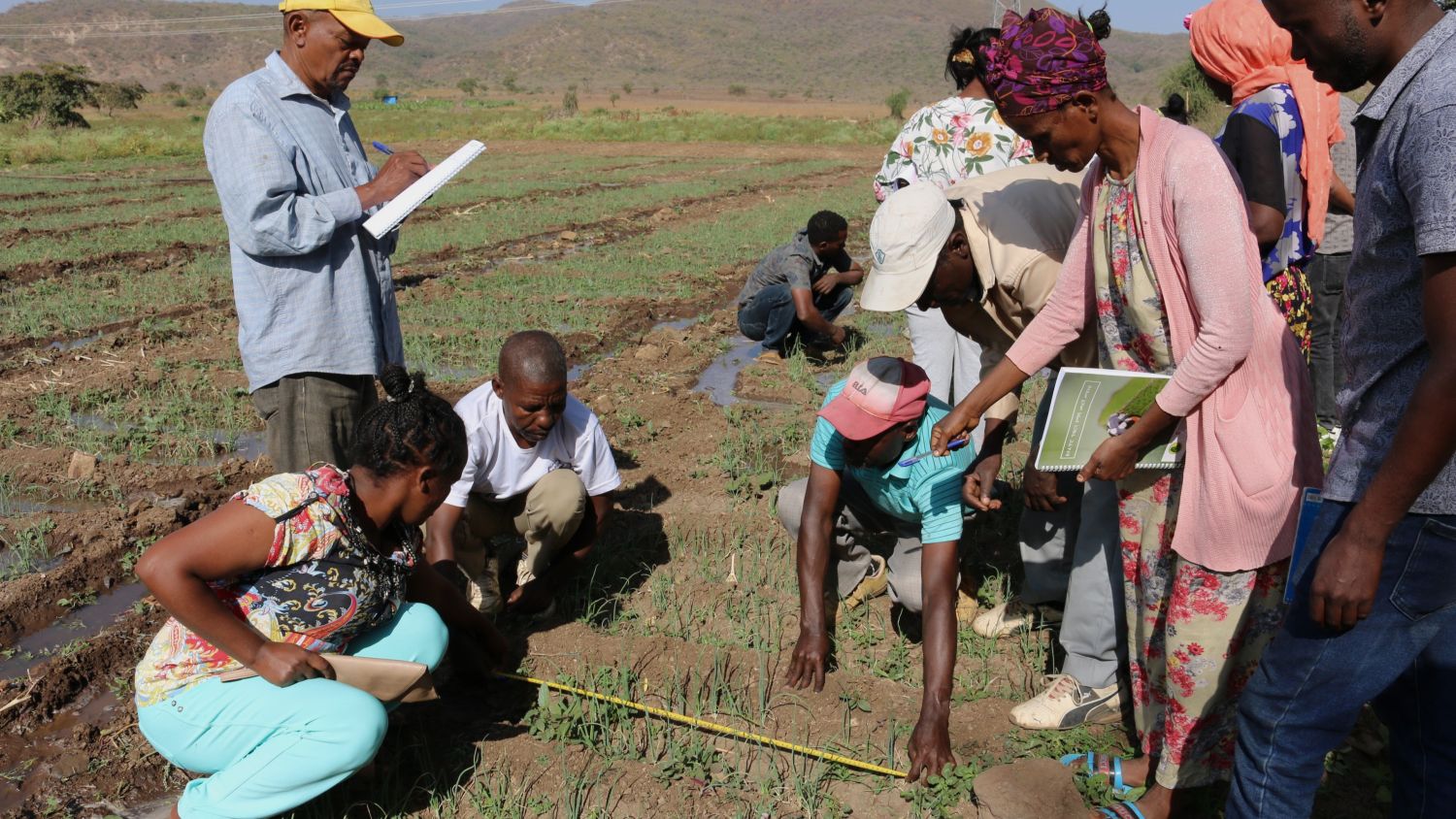
Learning agroecological farming methods at Farmer Field School. Credit PAN UK
Planting up borders of the field with legumes to encourage natural pest predators, as part of our innovative food spray method, enhances field level biodiversity. And the team is exploring the pros and cons of different intercropping patterns, such as growing cotton with maize, beans or bananas, which can help spread risk of total crop failure and strengthen farmers’ resilience in adverse growing seasons.
PAN Ethiopia also advocates effectively at national level for more supportive policies for agroecology. One recent win was getting organic agriculture accepted in the official curriculum for agricultural colleges and it was encouraging to see the Ministry of Agriculture announce approval of several biostimulant products in 2022, partly in recognition of the unaffordability of imported fertiliser.
The future for farmers is very unpredictable and they are doing all they can to farm more sustainably in order to protect their health, the health of their families and the environment in these challenging times. We too are doing everything we can to support them in this process.
Sincere thanks to TRAID for their continued support.
If you would like to offer help in the form of a donation we will put your money to very good use. Thank you.

